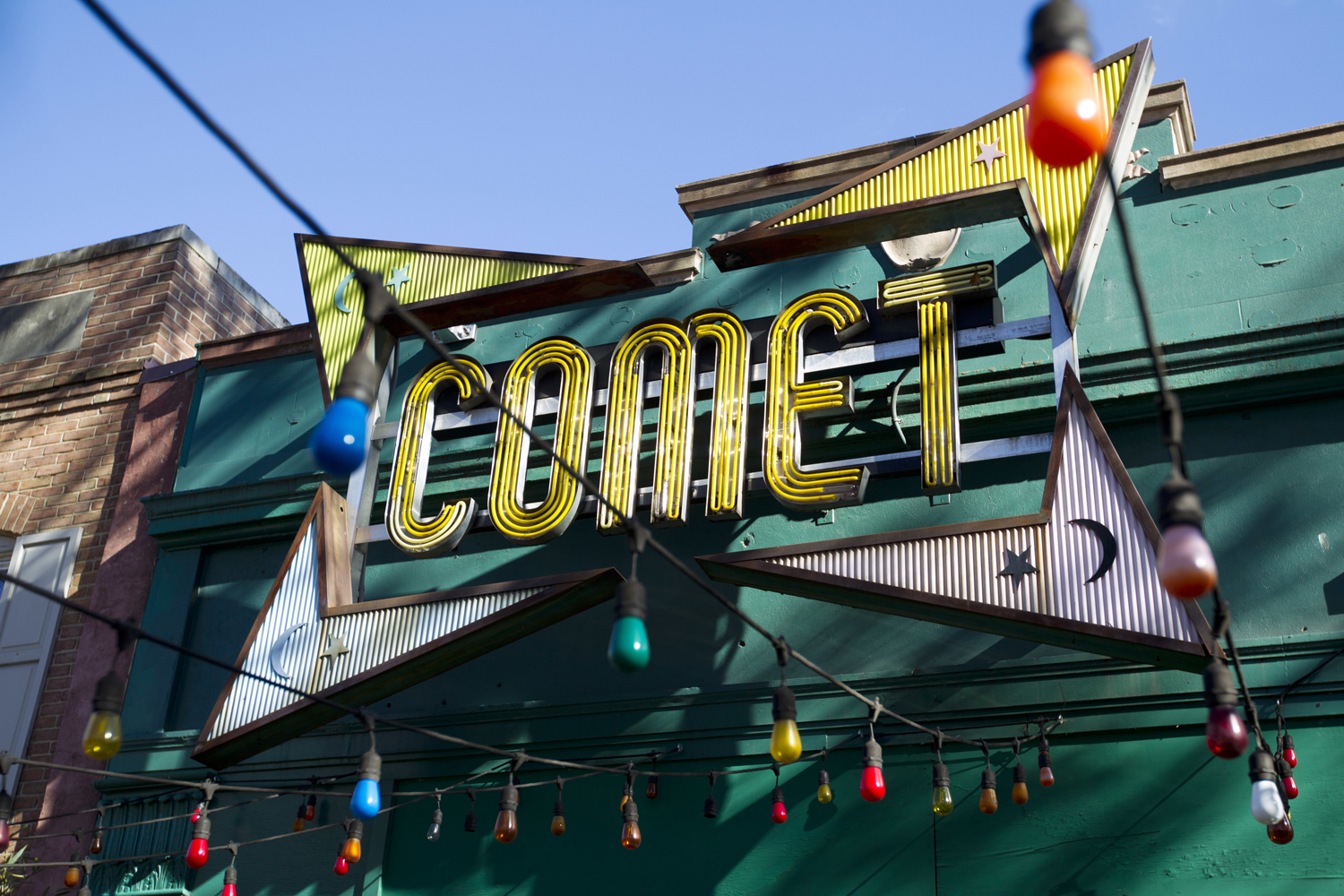Advertisement
The Origins And Implications Of Fake News
After a man fired a rifle inside a D.C. pizzeria while "self-investigating" a baseless online conspiracy theory, we look at how to rein in fake news.

Fake news has always been around. Think UFO stories at the supermarket checkout counter. But this year, in the cauldron of social media and bare-knuckled politics, fake news has exploded. It’s all over, on Facebook feeds and smartphones. It polluted our election season. It’s getting people riled up over bunk. It got a Trump transition team member fired yesterday. He was spreading it. It’s poison to democracy. This hour On Point: the problem of fake news, and what to do about it. — Tom Ashbrook
Guests
Brian Stelter, senior media correspondent for CNN and host of CNN's "Reliable Sources." (@brianstelter)
Sally Lehrman, professor of journalism ethics at Santa Clara University and director of the Trust Project. (@bestwrit)
Michael Lynch, professor of philosophy at the University of Connecticut. Author of "The Internet of Us: Knowing More and Understanding Less in the Age of Big Data." (@Plural_truth)
From Tom's Reading List
New York Times: Fake News and the Internet Shell Game — "One reason all this matters is that it perpetuates a feedback loop of deception that is particularly useful to demagogues here and abroad. Deliberate postings invented by entrepreneurs are the manure that make the seeds of doubt and credulity grow."
Vox: Pizzagate, the fake news conspiracy theory that led a gunman to DC's Comet Ping Pong, explained — "Like many ridiculous things on the internet, Pizzagate appears to have begun on the troll haven and message board 4chan. After Podesta’s emails were hacked (likely by Russian agents) and WikiLeaks published them, 4chan users in October found emails between Podesta and Alefantis about a Clinton fundraiser that happened early in the campaign."
BuzzFeed News: This Analysis Shows How Fake Election News Stories Outperformed Real News On Facebook — "This new data illustrates the power of fake election news on Facebook, and comes as the social network deals with criticism that it allowed false content to run rampant during the 2016 presidential campaign. CEO Mark Zuckerberg said recently it was “a pretty crazy idea” to suggest that fake news on Facebook helped sway the election. He later published a post saying, “We have already launched work enabling our community to flag hoaxes and fake news, and there is more we can do here.”'
This program aired on December 7, 2016.